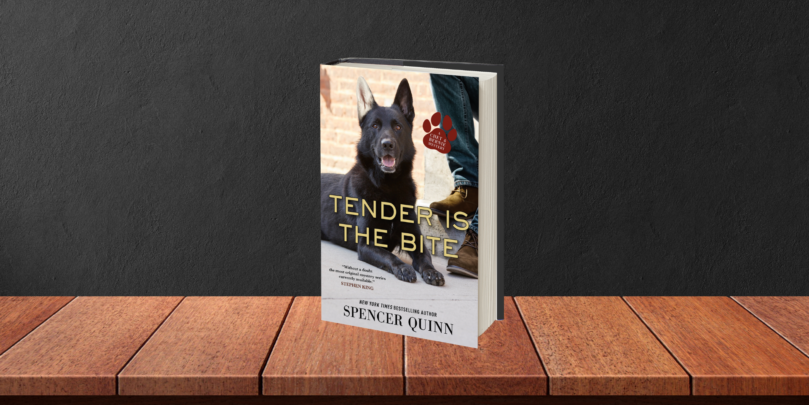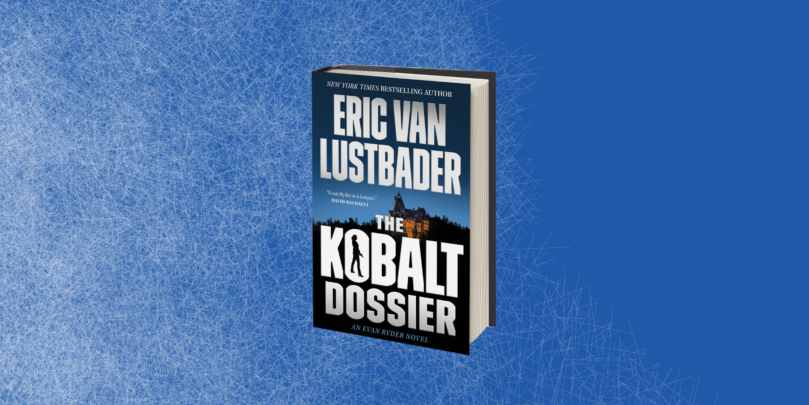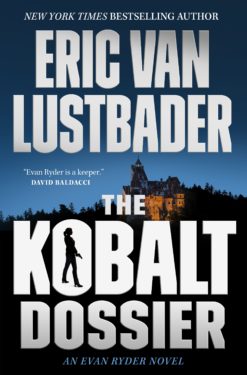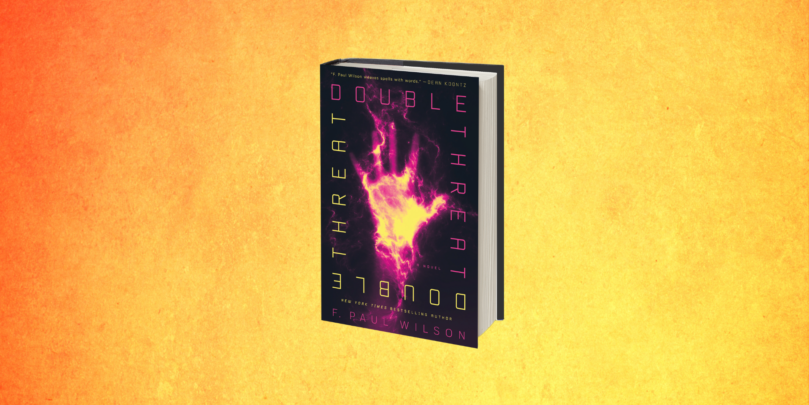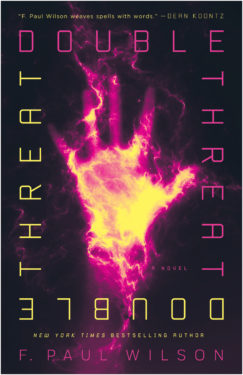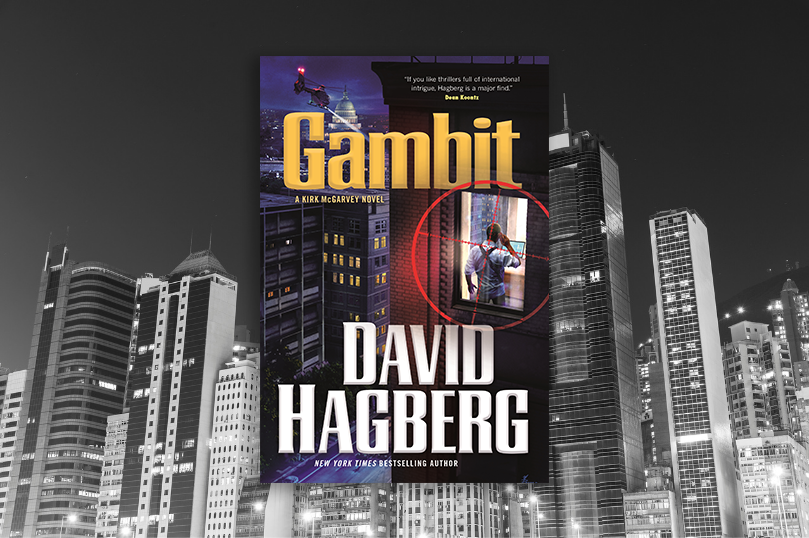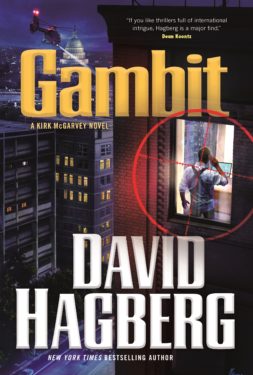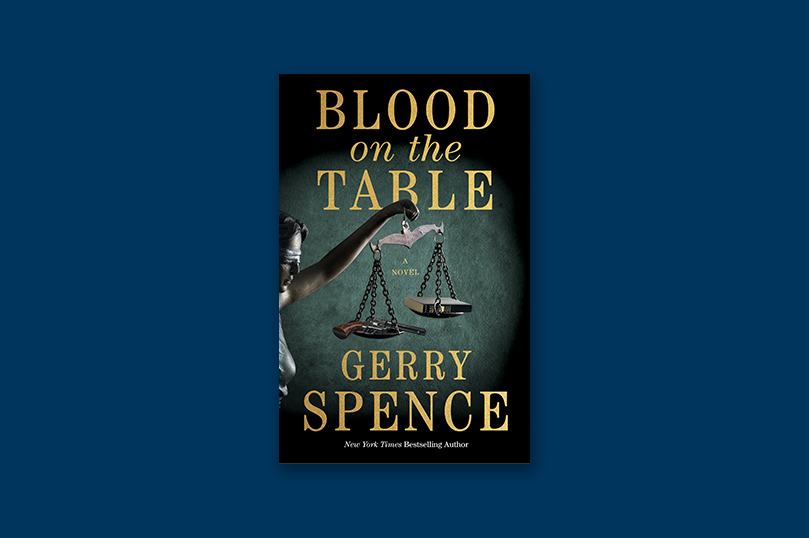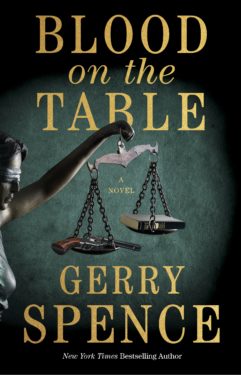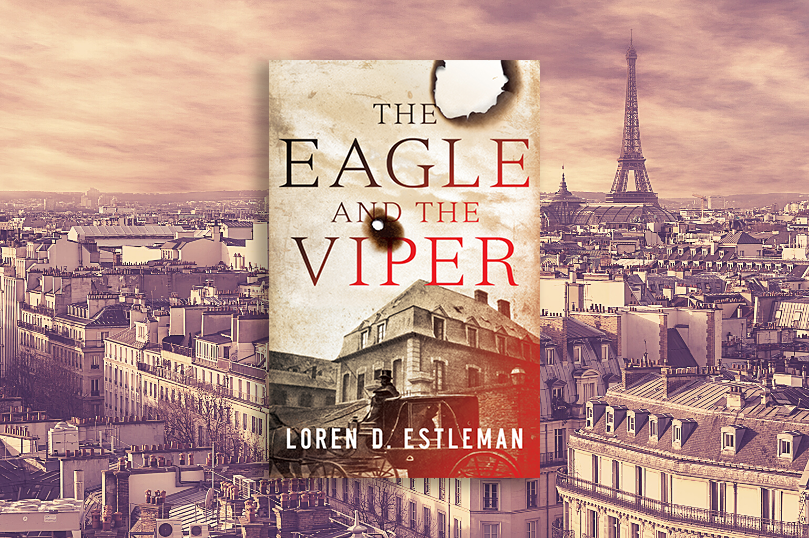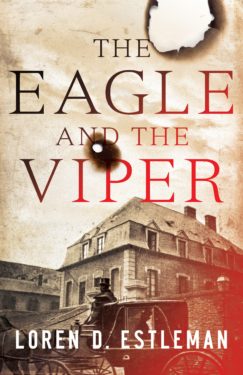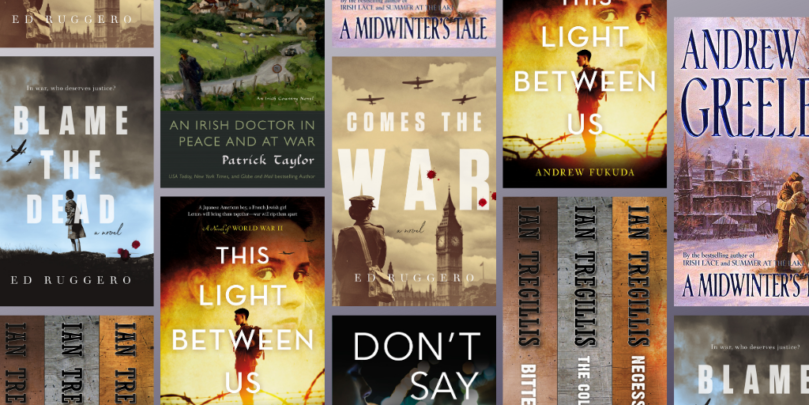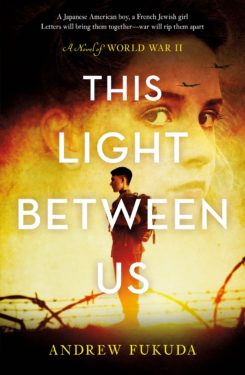The Lights of Sugarberry Cove is a charming, delightful story of family, healing, love, and small town Southern charm by USA Today bestselling author Heather Webber.
Sadie Way Scott has been avoiding her family and hometown of Sugarberry Cove, Alabama, since she nearly drowned in the lake just outside her mother’s B&B. Eight years later, Sadie is the host of a much-loved show about southern cooking and family, but despite her success, she wonders why she was saved. What is she supposed to do?
Sadie’s sister, Leala Clare, is still haunted by the guilt she feels over the night her sister almost died. Now, at a crossroads in her marriage, Leala has everything she ever thought she wanted—so why is she so unhappy?
When their mother suffers a minor heart attack just before Sugarberry Cove’s famous water lantern festival, the two sisters come home to run the inn while she recovers. It’s the last place either of them wants to be, but with a little help from the inn’s quirky guests, the sisters may come to terms with their strained relationships, accept the past, and rediscover a little lake magic.
The Lights of Sugarberry Cove will be available on July 20, 2021. Please enjoy the following excerpt!
Chapter
1
Sadie
“Whereabouts are you from, Sadie?” Mrs. Iona Teakes asked as she deftly chopped pecans on a wooden cutting board in her sun-steeped kitchen, the summery afternoon light spilling through a bay window overlooking the Coosa River.
Across the yawning stretch of water, the main street of a small town fluttered with activity as people went about their day. Before coming to Mrs. Teakes’s charming home, I’d stopped for lunch at the local burger place, not only for something to appease my grumbling stomach but to also get a feel for the town. Its people. Its mood. Its potential. Its heartbeat.
I’d been looking for a place to call my home for so long now that I was beginning to think I’d never find it.
But Wetumpka, Alabama, had promise.
A revitalization initiative was in full swing, and the heart of the community was evident in the rebuilding that had taken place in the years since a tornado swept through uprooting trees, buildings, lives. Heart was my number one requirement when it came to a hometown.
“I was born and raised about an hour and a half north of here. In Shelby County.”
Curiosity burned in Mrs. Teakes’s watery eyes as her gaze shifted to my hair, then away again, but she was much too polite to ask any prying questions, for which I was grateful. I’d rather not talk about myself at all, but especially not about my hair and the circumstances of how it had come to be this particular color. My mama has often said my glittering silver tresses reminded her of starlight, as though all the stars in Alabama had fallen directly onto my head, leaving me with a sparkly crown, a stunning glow. Time and again, I’d pointed out that Alabama’s famous fallen stars had been meteorites, and if they’d crashed onto my head, I’d be dead. But Mama always argued the fact that I had died the night my hair turned color, and who was to say it hadn’t been the stars that had caused my brief death?
It hadn’t been the stars. It had been a watery accident. But Mama wasn’t one for accepting small truths, favoring bold exaggerations instead.
Stars bested water, plain and simple.
I’d drowned that summer night nearly eight years ago in Lake Laurel, at just eighteen years old. But I’d been saved. Brought back to life. Brought back to a new life. To a new normal. All these years later, I hadn’t quite figured out who this new Sadie Way Scott was exactly. Or why I had been saved. No matter how far I ran away from my hometown of Sugarberry Cove, Alabama, that particular why haunted me, following my every move, because there had been a reason. I felt it, deep down, like a pulsing bubble of pressure that kept me searching, seeking.
“Is there anything I can do to help, Mrs. Teakes?” I needed a diversion from my thoughts or else I was bound to fall into a deep mudhole of self-pity. I’d already set up my cameras, three in all, to frame specific shots of the homey kitchen that breathed vintage charm, which was easy to do since it hadn’t been updated in at least sixty years, possibly more. The room was painted a cheerful blue, and the scent of vanilla floated in the air, as if being exhaled by the colorful floral wallpaper that served as a backsplash. The bulbous white fridge, covered in family photos, postcards, and old newspaper clippings, hummed loudly, its long chrome handle gleaming. The wide stove with side-by-side ovens had two storage drawers at the bottom, and I could only imagine the stories it could tell of the meals it had cooked.
But those stories would have to wait. The focus of today’s video was on a dish served cold. Several small glass bowls were lined up along the ceramic tile countertop, each filled with a different ingredient. Shredded coconut. Mandarin oranges. Sour cream. Maraschino cherries. Pineapple chunks. Mini marshmallows. Once the food prep was complete, I’d be the one asking all the questions for the sake of the video, which would be posted the following week on my YouTube channel, A Southern Hankerin’.
The videos were about more than Southern cooking. At their heart were human-interest pieces featuring people across the South willing to share a family recipe and the story behind it. Last week, I’d had an in-depth preliminary phone interview with Mrs. Teakes, and today, I’d film her while she told me how, in the late 1960s, she’d captured the heart of her late husband with her recipe for ambrosia salad.
During the interview I’d be sure to mention how the South proudly labeled some desserts as salad. To those who lived here, this came as no surprise. After all, this was the land where mac and cheese was considered a vegetable. But my audience wasn’t limited to the South. I had viewership that spanned the globe, a fact that amazed me—though it shouldn’t. People tuned in for the heartwarming, relatable stories, which were needed in the world more now than ever.
Mrs. Teakes set down her knife and flexed age-spotted hands. Intelligent brown eyes, framed in an abundance of delicate wrinkles, assessed while their softness begged for more information. “Not much left to do, only these pecans to finish chopping. Whereabouts in Shelby County?”
I fussed with a camera setting that needed no adjustment. “Sugarberry Cove.”
The river water below Mrs. Teakes’s kitchen churned with happiness, white-crested rapids pushing and pulling and racing. Farther down the river, the water calmed, gradually stretching into stillness near a bridge with five arches that created circular reflections on the water’s suddenly smooth, glassy surface.
Still waters that reminded me of what used to be my home. “On Lake Laurel? How wonderful! I’ve been several times for
the water lantern festival. A lovely little town. So enchanting. Do you still live there?”
Much like the rapids, my stomach churned as I glanced at the clock on the countertop microwave, wishing time away. My gaze shifted to a tarnished brass teakettle that rested on a stove eye, then to two teacups that dangled on hooks under a golden oak cabinet, one cup having Mr. stenciled on it, the other Mrs. The former looked pristine in condition, the latter well used, well loved, with its tea-darkened interior and chipped handle. Hung askew on the wall by the fridge was a framed, stained cross-stitched cloth with the words Home Is Where Your Heart Is.
Old wounds ached at the simple words, and I turned to look out the window instead of at the phrase that haunted. Mocked.
“No, ma’am, but I still have family up that way. My older sister, her husband, and their little boy live up there. And my mother owns a bed-and-breakfast cottage on the lake and my great-uncle, who’s more like a granddaddy to me, lives and works at the cottage, too.” I bit my lip to keep from saying any more, from spilling my heart onto the cutting board next to the pecans. Why was I revealing so much?
But I knew why. The water.
I missed Sugarberry Cove. I missed my old home.
The home, the family that I’d had before the watery accident that had changed everything and everyone. Most especially me.
Mrs. Teakes picked up the knife once more. “Where do you live, Sadie?”
I turned my back to the window and on old memories. “Here and there and everywhere. I travel a lot, and I’m still looking for the right place to settle down. This seems like a nice area. Wetumpka, I mean.”
“Indeed it is. I grew up here, and I wholeheartedly recommend it.” She chopped another pecan, the sharp knife slicing nutty, brown flesh into small, pale pieces. “The water lantern festival is coming up soon, if memory serves. The weekend after next? Will you go back for that? Such a special event.”
“No, ma’am.” Truly, it was the last place on earth I wanted to be. Setting the knife down again, she faced me. Slim, graceful fingers fiddled with the top button of her pale-blue cardigan as she said, “No? The lady of the lake, Lady Laurel, might be especially generous this year, granting multiple wishes. You don’t have any
wishes to set afloat?”
The lanterns at the festival carried wishes across the lake, which came true only if Lady Laurel pulled the floating vessel from the surface of the dark water to fill her underwater home with the glowing light created by pure, heartfelt wishes.
Deep lines fanned across her cheeks as Mrs. Teakes smiled, and the warmth in her eyes pulled at my heartstrings, making me want to tell her the whole story, start to finish, about how sometimes during the water lantern festival it was important to be very careful what you wished for.
“The festival will make do without my wishes.” Faking a smile, I picked up the knife to finish chopping the pecans, etiquette be damned. The sooner I could stop talking about myself, the better.
Mrs. Teakes’s gaze slowly drifted to my hair again. “I’ve heard told several stories of Lady Laurel’s kindness, not always having to do with the lanterns. There’ve been rescues, haven’t there? Boaters? Swimmers? Didn’t she save a young woman once from drowning?”
The glimmer in her eyes made me suspect she already knew why my hair was this color. There had been a flurry of media interest after my accident, but it had died down fairly quickly, thankfully. I’d hated the attention. Everyone stared. Whispered. The doctors had been mystified by my hair but ultimately chalked up the startling change in color to a traumatic shock reaction. These days the looks my hair garnered were a sight easier to deal with because most people assumed I purposely dyed it this color. To be edgy or artsy or as a brand, to set myself apart from a zillion other online creators. But back home in Sugarberry Cove, everybody knew its true source: lake magic.
I’d been saved by Lady Laurel, the lady of the lake.
There were many days I cursed the wish I made the night I’d fallen into the water, the wish that had ultimately caused my accident and its aftermath. I’d love nothing more than to go back in time to make a different choice. But there was no going back to what used to be. It was gone, left behind in the lake after I’d been pulled out, floating away on a water lantern carrying a wish that had changed life as I knew it.
In a span of a few short weeks, I’d died, been brought back to life, dropped out of college, shattered people’s belief in me, suffered crushing heartbreak, and began drifting around the state in search of odd jobs to keep afloat until I eventually started making videos to tell other people’s stories. Now I lived out of a suitcase as I traveled the South for A Southern Hankerin’.
Why had I been saved?
Using the blade of the knife to sweep pecans from the chopping board into a glass bowl, I barely noticed as the knife bit painlessly into the side of my thumb. A spot of red blossomed instantly.
I quickly folded my fingers over the wound, pressing tightly.
Mrs. Teakes gasped and set her hand on my arm. “Oh dear. I’ll fetch a bandage.”
“No need. It’s only a nick, and I’m a quick healer.” An understatement, to be sure. “It didn’t even hurt.”
“Nonsense. I’ll be just a moment.”
As Mrs. Teakes hurried out of the room, an incoming text message vibrated the phone in the back pocket of my jeans. I pulled the phone free and saw the message was from my sister, Leala Clare.
Sadie Way, you need to come home. Mother’s okay but had a minor heart attack. She’s at Shelby Baptist.
My stomach lurched into my throat, and my hands shook as
I stared at the screen. At first I was disbelieving that my sister would text me this news, but then I remembered I’d asked her to always text before calling in case I was filming. And even in the face of something so important, she hadn’t ignored my request. Leala was nothing if not a rule follower.
“Sadie, are you all right? You’ve gone ghostly white.”
Mrs. Teakes stood before me, concern flaring in her eyes, bandage in hand.
“I’m okay, but I’m sorry, I need to go. There’s been an emergency.” I quickly gathered my cameras and notes. As I headed out the door, I said, “I’ll call to reschedule our interview.”
“Anytime, dear. Anytime.”
A few minutes later, I turned down the jazz playing on the car radio and backed carefully out of the narrow asphalt driveway. Mrs. Teakes stood on the front porch, waving, the bandage fluttering in her hand like a tiny white flag. My gaze dropped to my thumb on the steering wheel, to the spot where the knife had pierced. The wound had already disappeared, the skin as smooth as it had been before being sliced.
As I headed north toward the home I’d barely seen in years, I couldn’t help but wish that my emotional wounds could be so easily healed as well.
Copyright © 2021 by Heather Webber
Pre-order The Lights of Sugarberry Cove—available on July 20, 2021!








